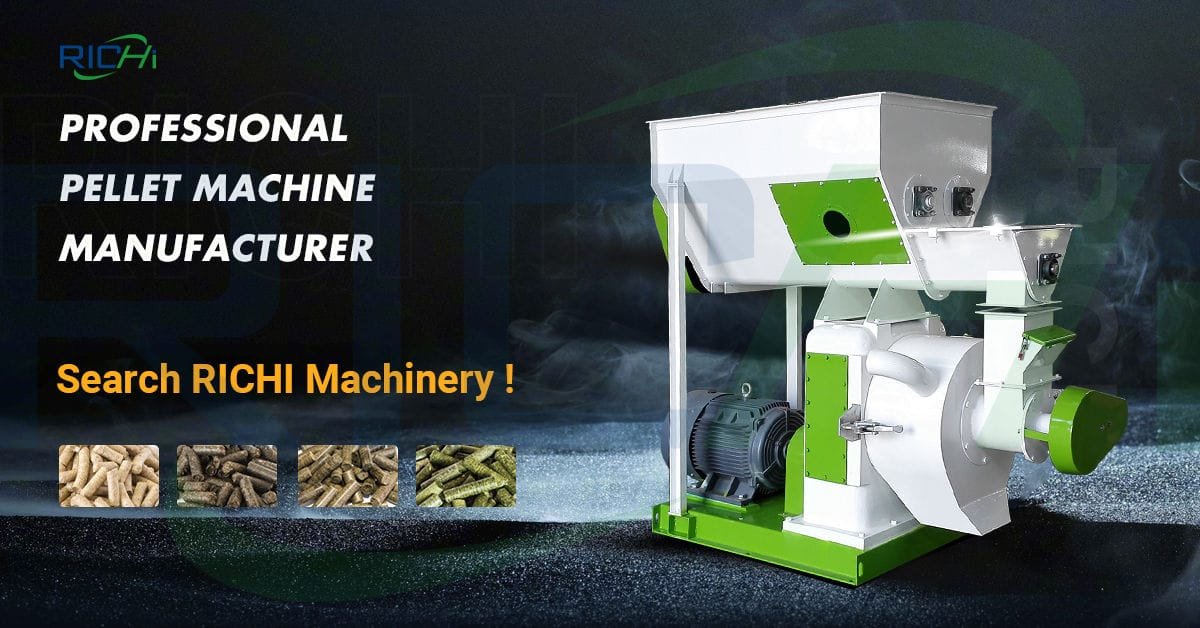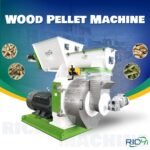In the evolving landscape of renewable energy solutions, small biomass pellet machines are pivotal for transforming organic matter into dense, energy-rich pellets. These machines play a crucial role in various sectors, offering sustainable energy solutions and promoting environmental responsibility.
Significance of Small Biomass Pellet Machines
1. Increased Energy Density:
- Pellet production increases biomass’s energy density, enhancing efficiency in transportation, storage, and combustion.
2. Consistent Quality:
- Pellets exhibit uniform size, shape, and density, ensuring consistent combustion characteristics and energy output.
3. Reduced Emissions:
- Biomass pellets emit fewer pollutants than fossil fuels, supporting cleaner and sustainable energy solutions.
4. Versatility:
- Capable of processing diverse biomass feedstocks (e.g., agricultural residues, forestry by-products, energy crops), offering flexibility in raw material sourcing.
5. Scalability:
- Available in various capacities, enabling scalable operations to meet demand across residential, commercial, and small-scale industrial applications.
Applications of Small Biomass Pellet Machines
1. Residential Heating:
- Utilized in pellet stoves and boilers for efficient, eco-friendly residential heating alternatives.
2. Commercial and Institutional Heating:
- Heating systems in schools, hospitals, and offices benefit from biomass pellets, reducing carbon footprints and energy costs.
3. Greenhouse and Agricultural Heating:
- Provides heating solutions for greenhouses, barns, and agricultural facilities using local biomass resources.
4. Small-scale Industrial Boilers:
- Fuels boilers in food processing, breweries, and small manufacturing plants, promoting energy efficiency and sustainability.
5. Co-firing in Power Plants:
- Supplements fossil fuels in larger power plants, reducing emissions and integrating renewable energy sources.
6. Animal Bedding and Litter:
- Alternative bedding and litter material for livestock and pets, offering sustainable and absorbent solutions.
7. Soil Amendments and Mulch:
- Enhances soil health and moisture retention in agricultural and horticultural applications.
Factors Influencing Small Biomass Pellet Machine Success
1. Biomass Supply and Quality:
- Securing reliable, high-quality biomass feedstock crucial for consistent pellet production and profitability.
2. Formulation Expertise:
- Utilizing skilled biomass specialists to optimize production processes and ensure consistent pellet quality.
3. Technology and Automation:
- Investing in advanced technologies and automation enhances efficiency, reduces labor costs, and improves product consistency.
4. Energy Efficiency and Sustainability:
- Integrating energy-efficient technologies and sustainable practices minimizes operational costs and environmental impact.
5. Regulatory Compliance:
- Adhering to emissions, air quality, and environmental regulations ensures long-term operation viability.
6. Skilled Workforce and Training:
- Employing trained personnel ensures efficient machine operation, maintenance, and minimal errors.
7. Continuous Improvement:
- Embracing continuous improvement fosters efficiency gains, competitiveness, and market adaptation in biomass energy.
By strategically considering these factors and leveraging small biomass pellet making machines’ versatile applications, stakeholders contribute to sustainable energy growth, environmental stewardship, and regional economic development. These machines are pivotal in advancing renewable energy solutions globally.


